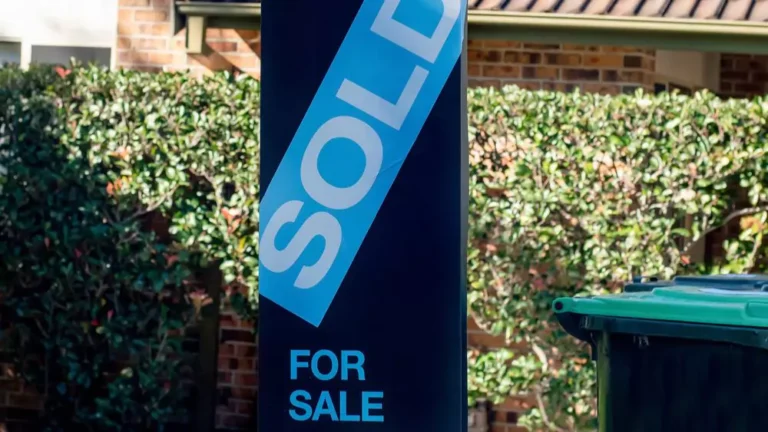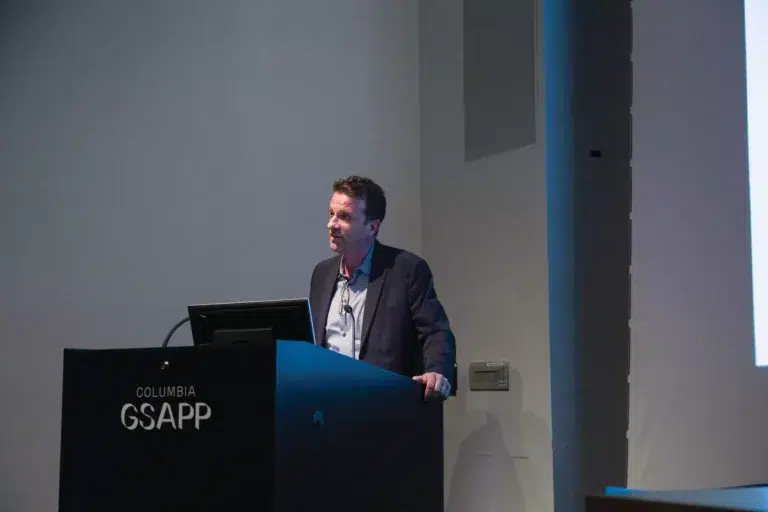IMF commends Saudi Arabia’s housing program, plus more headlines

For PropertyGuru’s news roundup, according to the International Monetary Fund, Saudi Arabia’s Housing Program effectively contributes to social and economic stability for citizens amid rapid growth. In other updates, the United Nations Resident Coordinator in Vietnam weighs in on climate change, the widening inequality, and the rapid development of technologies. Lastly, it will now be easier for Australia’s hospitality operators to do business with the reduction of liquor licensing policies from 54 to 14.
IMF commends Saudi housing program as effectively contributing to social, economic stability
Saudi Arabia’s housing program is effectively contributing to social and economic stability for citizens amid rapid growth, according to the International Monetary Fund.
In its report following the conclusion of the Article IV Consultation 2024, the IMF said that the program, part of Saudi Arabia’s Vision 2030, has achieved several tangible successes, including a notable increase in homeownership rates to approximately 64 percent, with 90 percent service satisfaction among beneficiaries, and a diverse range of available housing options.
The report said that the Saudi economy is experiencing rapid growth, with a strong financial position, and highlighted that the Kingdom was the fastest-growing economy in the G20 group of nations in 2022. It commended the progress made toward achieving set targets, according to the Arab News report.
Vietnam adds voice, leadership to critical discussions on climate change: UN Resident Coordinator
United Nations Resident Coordinator in Vietnam Pauline Tamesis has emphasised that Vietnam’s participation at the Summit of the Future, the highlight of the high-level segment of the 79th session of the UN General Assembly (UNGA 79), is crucial.
In an interview granted to the Vietnam News Agency (and reported by VietnamPlus), on the occasion of Party General Secretary and State President To Lam’s upcoming trip to the US for the summit, the UNGA 79, and working sessions in the country, Tamesis said the summit is a pivotal moment in global cooperation.
“We are facing challenges that our current international systems – designed decades ago – are simply not equipped to handle. From climate change and widening inequality to the rapid development of technologies like artificial intelligence (AI)”, she explained.
WA Hospitality industry welcomes slashing of red tape for liquor licensing policies
The Australian Hotels Association (WA) has welcomed today’s announcement that the WA Government and the Director of Liquor Licensing have cut the suite of 54 liquor licensing policies to 14, making it easier for hospitality operators to do business.
AHA(WA) CEO Bradley Woods said it has been a long process to get to this stage but praised the Director of Liquor Licensing and the government’s work in making comprehensive, positive changes to the policies.
“The primary objective of the changes is to reduce red tape, eliminate unreasonable conditions and ensure policies are reasonable and fit for purpose,“ said Mr Woods in The Hotel Conversation. “We have long argued that there are too many policy guidelines and they are too complex, so having less and clearer, straightforward policies that minimise red tape is very welcome.”
These changes will make it easier for current and potential licensees to understand, maintain and apply for a liquor licence. For example, under the policy changes, licensees who have had to submit a House Management Policy, a Code of Conduct, and a Management Plan will now only need to submit one document, a Harm Minimisation Plan. This will reduce costs for businesses and lessen the administrative burden.
The Property Report editors wrote this article. For more information, email: [email protected].
Recommended
6 sights to spot in Jardine’s Lookout, Hong Kong
With its sumptuous harbour vistas, this low-density area is one of the most sought-after in Hong Kong
ARES White Paper Volume 3: The era of adaptive reinvention
Pioneering sustainable and innovative practices in urban development
ARES White Paper Volume 2: Unravelling the power of data revolution in real estate
Insights on proptech, smart cities, and sustainable development
ARES Digital White Paper Volume 1: The fundamentals of responsible building
Green and climate heroes join forces to discuss how Asia Pacific can weather the current environmental crises and the looming effects of climate change






